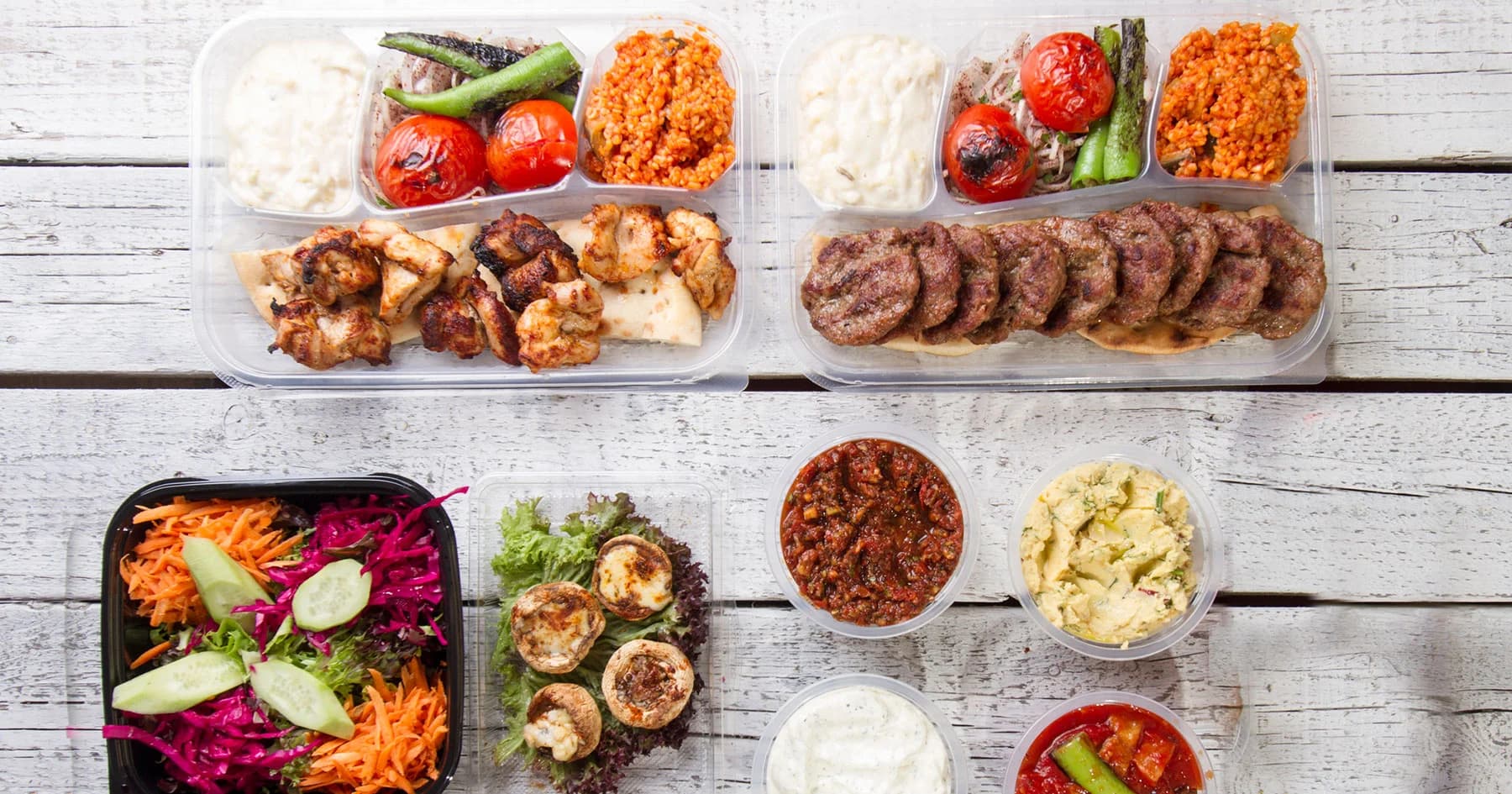
Welcome
We Help America Become Halal Certified
We help the businesses of America navigate the complex process of becoming halal-certified.
An Important Muslim Tradition
At its most basic, Halal (حَلاَلً ,ḥalāl ,Halaal) - is an Arabic word, which in English means “permissible” or “lawful.” Most commonly relating to Muslim dietary restrictions, it is taught by the Qur'an as any object or action which is permissible to use or engage in, according to Islamic law.
Halal vs. Haram
When we define halal it is important to understand its opposite which is haram ( حرام, often Haraam). Haram essentially means “sin” or “something that is not permissible” as governed by the teachings of the Qur'an and the Sunnah of our beloved prophet Mohammed (S.A.W). Knowing what halal is not, helps many to understand what it is.
Dietary Laws
One of the most fundamental tenets of halal is the prohibition of certain unsafe practices in the production of beef meant for human consumption. However, it extends to the entirety of the Muslim diet and places restrictions on everything from pork to dairy to the ingredients in cakes and snacks.
What Is Haram?
Haram is food and products specifically designated as unlawful by the Qur’an or Hadith. Food and beverages containing ethanol – or alcohol – or any other intoxicating substance are also strictly prohibited. However, if the level of inebriant is low, for instance in Kombucha, and it is used for preservation then it can be considered halal.
To give you an idea of what is not allowed under halal, here are some of the foods and items considered to be haram:
- Meat from pigs and boars.
- Carnivorous animals such as lions, tigers, cats, dogs, and wolves.
- Birds with claws or who use their talons to catch and eat prey (eagles, vultures, hawks and other raptors).
- Insects like bees, ants, and spiders, or creatures like lice, flies, and mosquitoes.
- Animal which die from natural causes such as disease.
- Anything made from blood – even if the animal is halal.
- Alcoholic drinks and other intoxicants; alcohol cannot be used in cooking.
- Extracts or wine vinegars which contain intoxicants.
- Fermented fruits and vegetables like wine (if the fermentation produces alcohol).
- L-cysteine (if from hair or non-Halal slaughtered feathers).
- Products containing any animal enzymes unless specifically from a Halal approved animal.
- GMOs if they are proven to cause damage to health.
- Rennet from non-Halal slaughtered animals.
The Important Concept of Najis
There are two distinctive but equally important categories of najis.
The first are “essential najis” or items that cannot be uncleaned. These are items considered to be haram and that are always prohibited by Islamic teachings and law.
The second are “unessential najis” which are items that have become “unclean” through contamination or close proximity to essential najis. This contact with other najis makes the otherwise accepted product ritually impure and not fit for consumption or use.
Najs adds a layer of complexity to halaal production which shouldn’t be ignored when designing your process. Close monitoring and careful consideration of preparation spaces, equipment, and facilities is paramount to successfully creating halal products.
How You Can Avoid Mushbooh and ‘Questionable Items’
Although halal and haram set a clear binary between acceptable and unacceptable there are items which enter a “grey area.” These items are referred to as Mushbooh (mashbooh) which means suspect or questionable).
This special designation doesn’t inherently mean the product is haram. However, it is for products and items which are not clearly labeled as halal. If the ingredients, production processes, and facilities of origin cannot explicitly be deemed halal, the product will be labeled as mashbooh. Muslims are taught to avoid using and consuming these products which makes halal certification ever more critical.
Your business can avoid the trickiness of mashbooh by completing your certification with an expert partner. Since opening, Halal Certification Solutions USA has been helping businesses establish their products as acceptable for use according to Islam.
CTA: Avoid Labeling Uncertainty – Get Certified
A Cultural Way of Life
For Muslims, halal does not just mean they can or cannot eat certain foods. Instead, it holds religious and philosophical importance for life. It is important to remember that this is not just a diet. For the millions of people of the Muslim faith, it is a way of life. To eat haram is to disobey the teachings and to veer from the path established by Islam.
That is why it is important for companies creating, distributing or selling products for Muslims to follow proper procedures. It’s not only a way to make a sale, it is a way of respecting and honoring the traditions of an entire culture. Companies who make the effort – who make the investment – help build upon traditions and gain trust with their potential customers.